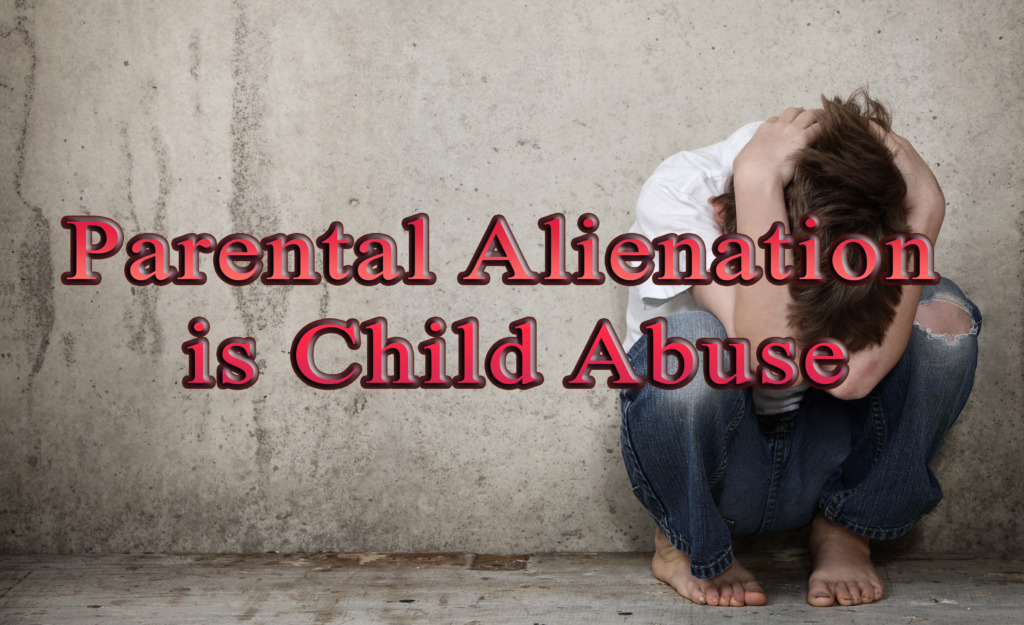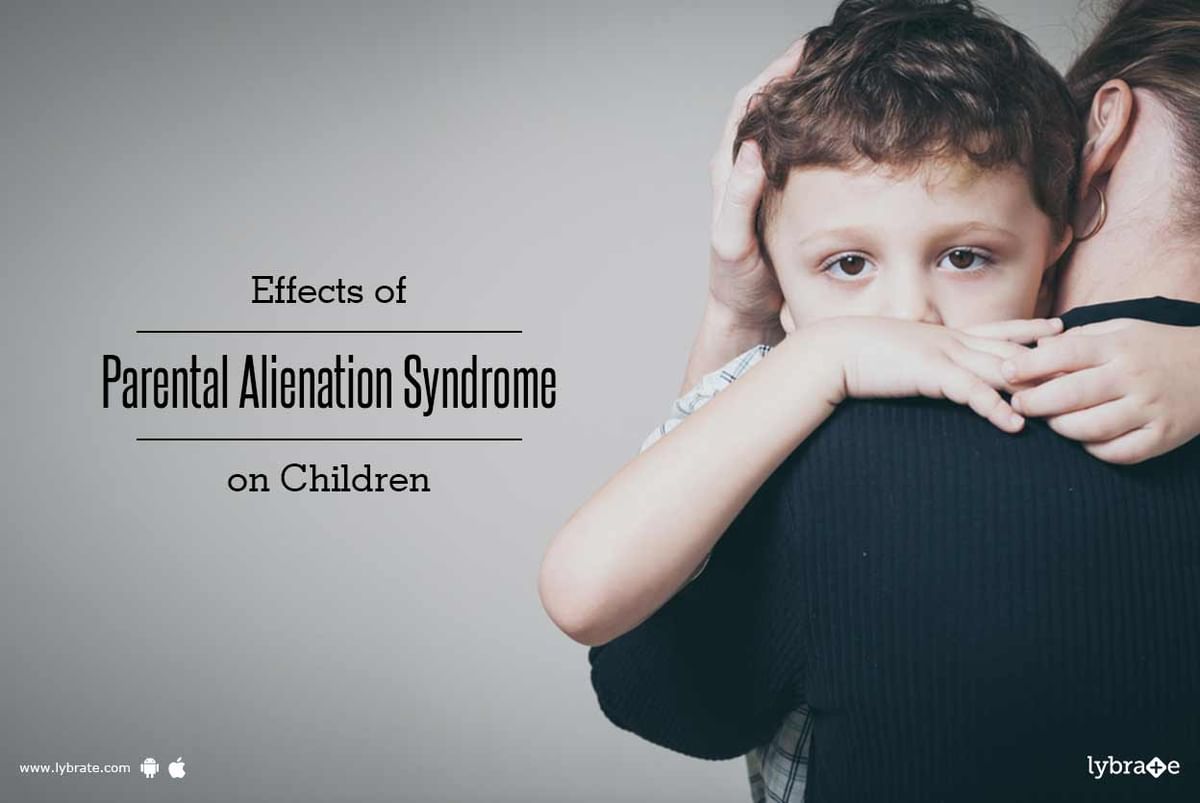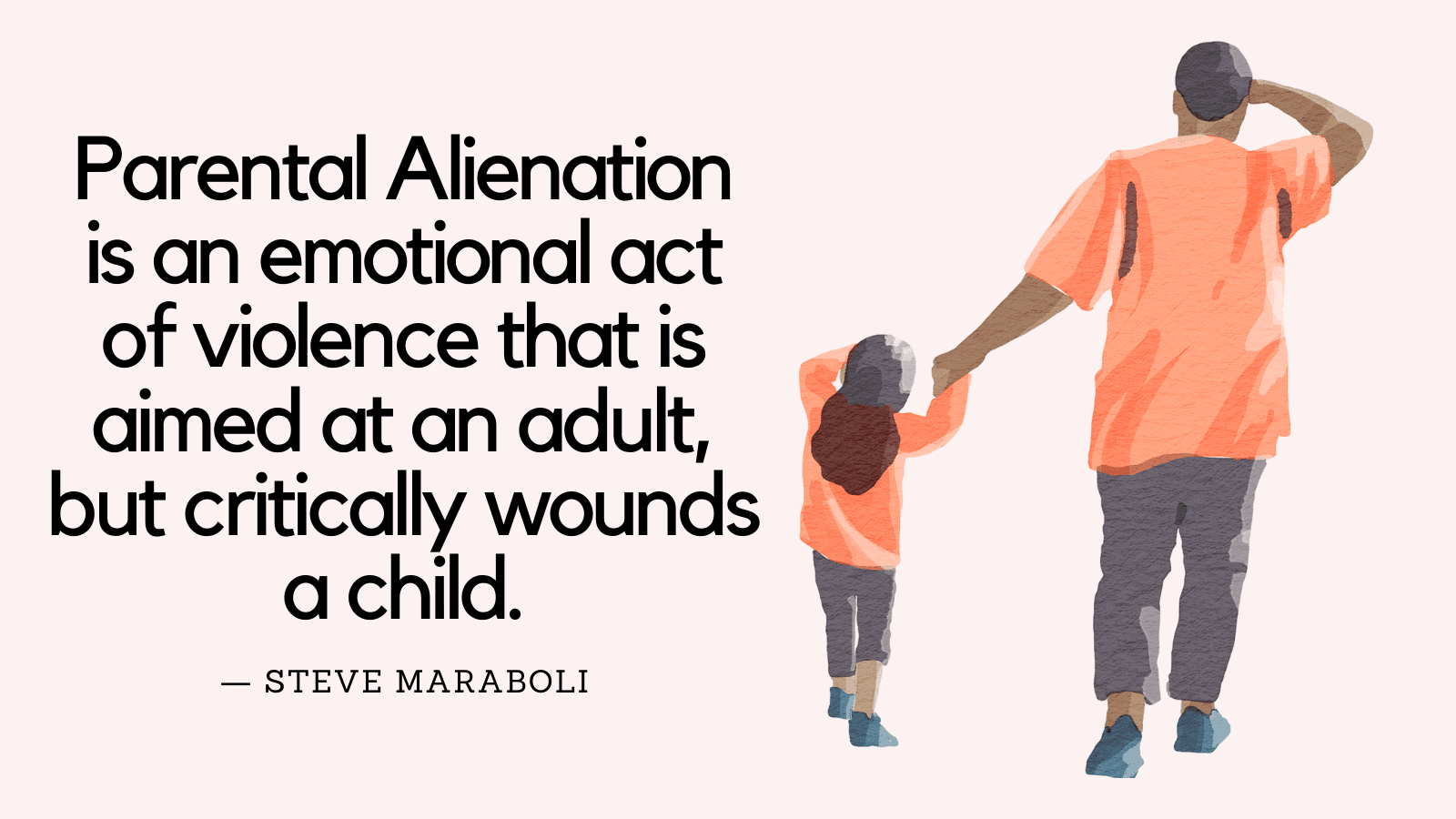1. Understanding Parental Alienation Syndrome
What is Parental Alienation Syndrome?
Parental Alienation Syndrome is a mental condition that occurs when one parent manipulates their child to turn against the other parent. This behavior typically manifests during times of separation or divorce, with the offending parent intentionally estranging the child from their former partner. The alienating parent may make false statements to the child, manipulate their feelings, and actively prevent the child from seeing the other parent.
Symptoms of Parental Alienation Syndrome

Dr. Richard Gardner, a forensic psychiatrist, coined the term Parental Alienation Syndrome in 1985 and identified eight symptoms associated with it. The severity of the syndrome can be determined by the number of symptoms a child exhibits. These symptoms include:
-
Campaign of Denigration: The child continuously and unfairly criticizes the alienated parent.
-
Weak or Frivolous Rationalizations: The child provides weak or frivolous reasons for their criticisms.
-
Lack of Ambivalence: The child firmly believes that the alienated parent has no redeeming qualities and shows no mixed feelings.
-
Independent Thinker Phenomenon: The child claims to have formed their own negative opinions about the alienated parent, but these beliefs are actually orchestrated by the alienating parent.
-
Unwavering Support for the Offending Parent: The child shows unwavering loyalty and support for the alienating parent.
-
Lack of Guilt or Remorse: The child feels no guilt or remorse for their cruel behavior towards the alienated parent.
-
Borrowed Scenarios: The child adopts scenarios or narratives provided by the alienating parent, either from early childhood or through manipulation tactics.
-
Hatred Spreads to Extended Family: The child’s animosity extends to the extended family of the alienated parent.
2. Common Causes of Parental Alienation Syndrome
Divorce and Separation
Parental Alienation Syndrome most commonly occurs during or after a divorce or separation. The emotional turmoil and conflicts associated with these life changes can create an environment ripe for parental alienation to take root. Some parents, driven by their own emotional pain or desire for revenge, may use their children as weapons to hurt their former partners.
High-Conflict Relationships
Even in relationships that do not involve a long-term commitment or marriage, parental alienation can occur. Co-parents who engage in high-conflict relationships may resort to manipulating their children to undermine the other parent’s relationship with them. These toxic dynamics can be detrimental to the child’s emotional well-being and sense of stability.
Narcissistic Traits and Manipulation
In many cases of parental alienation, the alienating parent exhibits narcissistic traits. They have an intense desire to be seen as the superior parent and may go to great lengths to achieve this. Manipulation tactics, such as gaslighting, emotional abuse, and coercive control, are commonly employed to manipulate the child’s perception of the alienated parent.
3. Preventing Parental Alienation Syndrome

Maintaining Healthy Communication
Effective and healthy communication between co-parents is crucial in preventing parental alienation syndrome. Both parents should strive to maintain open lines of communication, sharing necessary information about the child’s well-being, school activities, and important milestones. By demonstrating a united front and prioritizing the child’s needs, parents can create a supportive environment that minimizes the potential for alienation.
Avoiding Blame and Negative Talk
It is important for parents to avoid placing blame on the child or speaking negatively about the other parent. Recognize that the child may be manipulated and influenced by the alienating parent, and refrain from engaging in a power struggle. Instead, focus on maintaining a healthy relationship with your child, emphasizing your love and support.
Fostering Positive Relationships
Encourage and support the child’s relationship with the other parent. Facilitate regular visitation and ensure that the child has ample opportunity to spend quality time with both parents. Avoid interfering with custody arrangements and respect the child’s need for a relationship with both parents.
Seeking Professional Support
If you suspect or witness signs of parental alienation, seek professional help. A therapist or counselor experienced in family dynamics and child psychology can provide guidance and support for both parents and children. Professional intervention can help address the underlying issues and prevent further escalation of parental alienation.
Documenting Incidents
Keep a detailed journal documenting incidents of parental alienation, including specific dates, times, conversations, and actions. This documentation can serve as evidence in legal proceedings, should they become necessary. It can also help you gain a better understanding of the patterns and behaviors involved, enabling you to effectively address the issue.
4. Overcoming Parental Alienation Syndrome
Rebuilding Trust and Connection
When dealing with parental alienation syndrome, rebuilding trust and connection with the alienated child is crucial. It requires patience, understanding, and consistent efforts to demonstrate your love and commitment. Take the time to listen to your child’s feelings and validate their experiences. Show them that you are there for them and that their emotions matter.
Fostering Emotional Healing
Children affected by parental alienation syndrome often experience emotional distress. Help them heal by providing a safe and nurturing environment. Encourage open communication, validate their emotions, and seek professional therapy if needed. By addressing their emotional needs, you can support their healing process and strengthen your bond.
Establishing Boundaries
Set clear boundaries with the alienating parent to protect yourself and your child from further harm. Communicate your expectations and make it clear that any attempts to manipulate or alienate will not be tolerated. Enforce these boundaries consistently and seek legal intervention if necessary to ensure the well-being of your child.
Nurturing a Supportive Environment
Surround yourself and your child with a supportive network of friends, family, and professionals who understand and empathize with your situation. Seek support groups or online communities for individuals affected by parental alienation syndrome. These networks can provide valuable advice, resources, and emotional support during this challenging journey.
5. Legal Considerations and Recourse
Recognizing Parental Alienation as Emotional Abuse
Parental alienation is increasingly recognized as a form of emotional abuse. The Diagnostic and Statistical Manual of the American Psychiatric Association acknowledges parental alienation as child psychological abuse under the code DSM-5. Understanding the gravity of this abuse is essential in seeking legal recourse and protecting the child’s well-being.
Seeking Legal Action and Custody Evaluation
In cases where parental alienation persists or escalates, legal action may be necessary to protect the child and restore a healthy parent-child relationship. Consult with a family law attorney experienced in parental alienation cases to explore your legal options. Custody evaluations and court proceedings can provide an opportunity to present evidence of parental alienation and advocate for the child’s best interests.
Documenting Evidence for Court Proceedings
Throughout the process, continue documenting incidents and gathering evidence of parental alienation. This evidence may include text messages, emails, voicemails, and other forms of communication that demonstrate the alienating behaviors. Consult with your attorney to ensure the evidence is properly compiled and admissible in court.

6. Supporting the Alienated Parent
Encouraging Self-Care and Emotional Well-being
Being the target of parental alienation can be emotionally draining and isolating. Encourage the alienated parent to prioritize self-care and seek emotional support. Engaging in activities that promote well-being, such as exercise, therapy, and hobbies, can help alleviate stress and maintain a positive mindset.
Providing a Safe Space for Expression
Offer a safe space for the alienated parent to express their emotions without judgment. Listening empathetically and validating their experiences can provide much-needed comfort and validation. Avoid minimizing their feelings and assure them that they are not alone in their struggles.
Promoting Reconciliation and Rebuilding Relationships
In cases where the alienating behavior subsides or ceases, promoting reconciliation and rebuilding relationships is paramount. Encourage open and honest communication between the child and the alienated parent. Respect the child’s pace and allow them to express their feelings without pressure. Professional family therapy can be beneficial in facilitating the healing and reconciliation process.
7. The Long-Term Effects of Parental Alienation Syndrome
Emotional Consequences for Children
Children affected by parental alienation syndrome may experience a range of emotional consequences. These can include low self-esteem, anxiety, self-hatred, trust issues, depression, and even substance abuse. The impact of parental alienation can extend well into adulthood, affecting the child’s ability to form healthy relationships and navigate life’s challenges.
Impact on Adult Relationships
Adults who have experienced parental alienation in their childhood may struggle with trust, intimacy, and maintaining healthy relationships. The deep emotional scars left by parental alienation can undermine their ability to form secure attachments and have a positive view of themselves and others. Recognizing and addressing these challenges through therapy and self-reflection is essential for their emotional well-being.
Breaking the Cycle of Alienation
By addressing and overcoming parental alienation, individuals can break the cycle and prevent its recurrence in future generations. Nurturing healthy parent-child relationships, fostering open communication, and promoting empathy and understanding are key to preventing the perpetuation of parental alienation.

8. Conclusion
Parental alienation syndrome is a distressing reality for many families experiencing divorce or separation. It can have significant and long-lasting negative effects on the child’s emotional well-being and relationships. By understanding the symptoms, causes, and strategies for prevention and overcoming parental alienation, we can work towards creating a supportive and nurturing environment for children and families. Remember, seeking professional help and building a network of emotional support are crucial steps in navigating this challenging journey. Together, we can break the cycle of parental alienation and promote healthy, loving relationships between parents and children.
